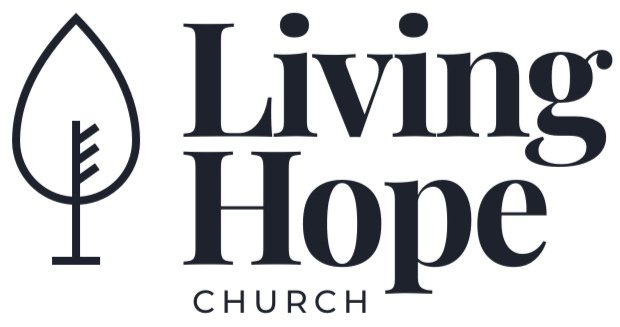There appears to be light at the end of this stay-at-home tunnel. The Governor has put out a plan to restart Ohio; though there is a still a long way to go. And though it is still a long road ahead of us, once this is passed, it could be something that we simply forget about and don’t learn from (surely not right away, but we have a tendency to forget). That would be tragic in its own right.
I think about Psalm 90:12: So teach us to number our days that we may get a heart of wisdom.
Having a heart of wisdom would enable us to live our lives in light of what is good and true and beautiful. A heart of wisdom would direct us in our priorities. A heart of wisdom would help us not only know what is most important, but also see our lives reflect that knowledge.
Ephesians 5:15-21: 15 Look carefully then how you walk, not as unwise but as wise, 16 making the best use of the time, because the days are evil. 17 Therefore do not be foolish, but understand what the will of the Lord is. 18 And do not get drunk with wine, for that is debauchery, but be filled with the Spirit, 19 addressing one another in psalms and hymns and spiritual songs, singing and making melody to the Lord with your heart, 20 giving thanks always and for everything to God the Father in the name of our Lord Jesus Christ, 21 submitting to one another out of reverence for Christ.
Be very careful…pay close attention to how you walk…that is, to how you live. Be wise, not foolish. We are to seek to understand what the will of the Lord is (his general precepts for our lives that are for our good)…and Paul shows us in part. It is being filled with his Spirit, speaking the Word of the Lord, singing, giving thanks, and loving/submitting to one another because of Christ. And in an even more general way - the wisdom that we are called to is knowing who the Lord is…it is the fear of the Lord (Proverbs 1:7; 15:33).
If we go back to Psalm 90 the first two verses are foundational:
1 Lord, you have been our dwelling place
in all generations.
2 Before the mountains were brought forth,
or ever you had formed the earth and the world,
from everlasting to everlasting you are God.
Our God is eternal and unchanging…whereas this psalm tells us how our days are numbered. And so we are to live those days in wisdom. Part of that wisdom is learning where we find our satisfaction…where we find our contentment. Look at verse 14:
14 Satisfy us in the morning with your steadfast love,
that we may rejoice and be glad all our days.
Our satisfaction is in the Lord. Our satisfaction is in the steadfast love of the Lord. And we see that most clearly in our Savior. …but God shows his love for us in that while we were still sinners, Christ died for us (Romans 5:8; cf. John 3:16). And when we know the nature and character of God, we can rest in him more fully and live a life of wisdom and not folly.
So Lord, teach us to number our days rightly. Here is a great song/prayer from this psalm. Lyrics can be found here - or just follow along with Psalm 90.























